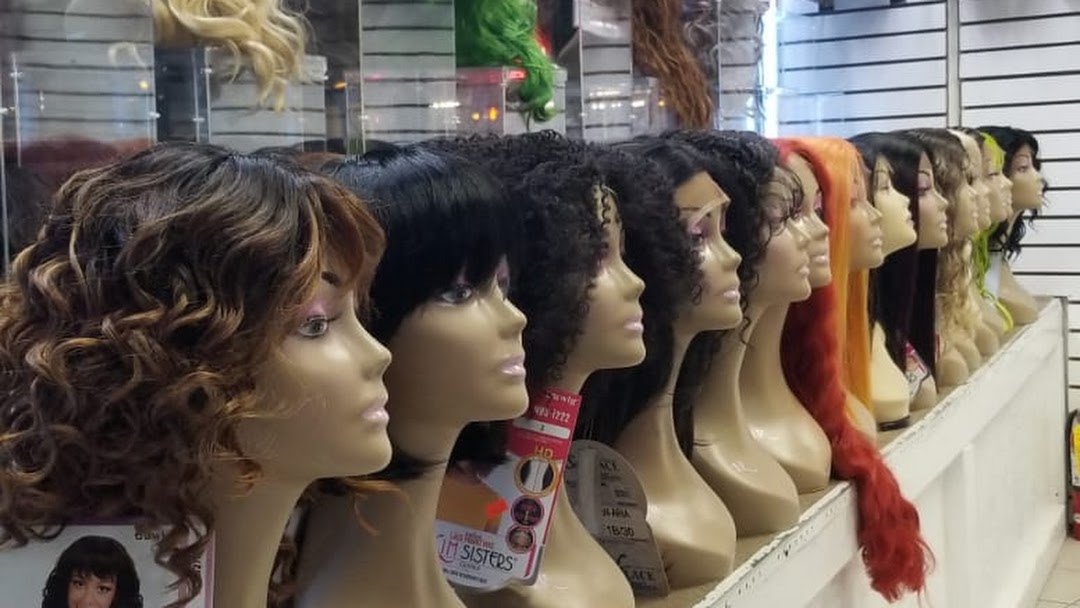- Black people need to realize that they are naturally beautiful as they are. They should stop the struggle of trying to conform to American standards of beauty by relaxing their hair to have it straight. The chemicals used in these products are deadly.
Numerous studies have been published in the recent past that show how cancer cases have gone up, infertility rates and other diseases, especially among black women who use chemical hair relaxers that are generally marketed in Africa or to black women.
Lead is a common dangerous chemical found in high percentages in these products. The metal can cause serious health and developmental problems.
Synthetic hair has long been a staple protective hairstyle preferred by African women. It is used as locs, braids, or twists. Many black women prefer it because it can be worn for a long time. It also protects the hair from breakage and exposure to harmful elements like day heat.
Synthetic hair is commonly found in African cosmetic shops, particularly in Kenya, at neighbourhood beauty shops or even online.
Sensationnel, Magic Fingers and other products have been found to contain benzene, which is a chemical known to cause cancer. The chemical also causes acute myeloid leukaemia, according to the American Cancer Society.
Read More
In 2022, several companies that make chemical hair relaxers used in straightening hair were sued in a class-action lawsuit by several black people who claimed that the products caused uterine cancer.
Hair products like dyes, chemical relaxers, and straighteners have been found to contain several harmful chemicals, including carcinogens and endocrine disruptors. These chemicals can cause cancer as well.
Relaxers commonly contain chemicals like phthalates, parabens, cyclosiloxanes, and other heavy metals. When exposed to heat like the sun, these chemicals release formaldehyde, a cancer-causing toxin.
Research has shown that very few products marketed to black women score 0% hazard compared to products marketed to people without demographic marketing. Health disparities in Western countries are well documented.
Environmental justice research has identified differences in chemical exposures as a source of the disparities. Until recently, personal care products were not considered a factor in health disparities research.
Additionally, a study from Havard study using Skin Deep score highlighted that beauty product stores targeting black women were more likely to sell products that score a higher hazard when compared to other neighbourhoods of white women.
The geographic disparities in the availability of safe hair products have contributed to exposure disparities for black women, mirroring other examples of geographic systemic racism. Therefore, the harmful products are not only targeting black women in Africa but also the blacks in Western and other countries.
Black people need to realize that they are naturally beautiful as they are. They should stop the struggle of trying to conform to American standards of beauty by relaxing their hair to have it straight. The chemicals used in these products are deadly.
African countries should also implement policies that protect their people. Analysis of products marketed to black countries supports the fact that there are ongoing exposure disparities that disproportionately affect women of African origin.










